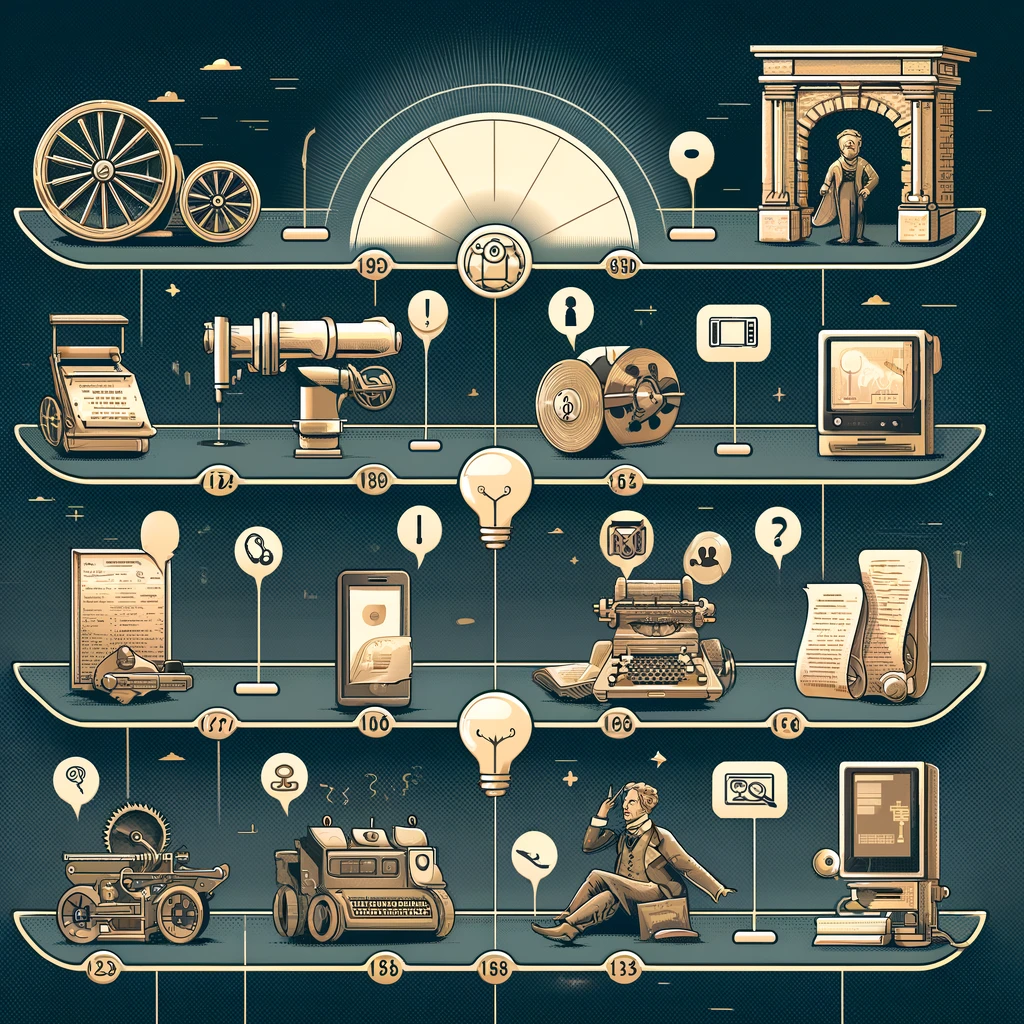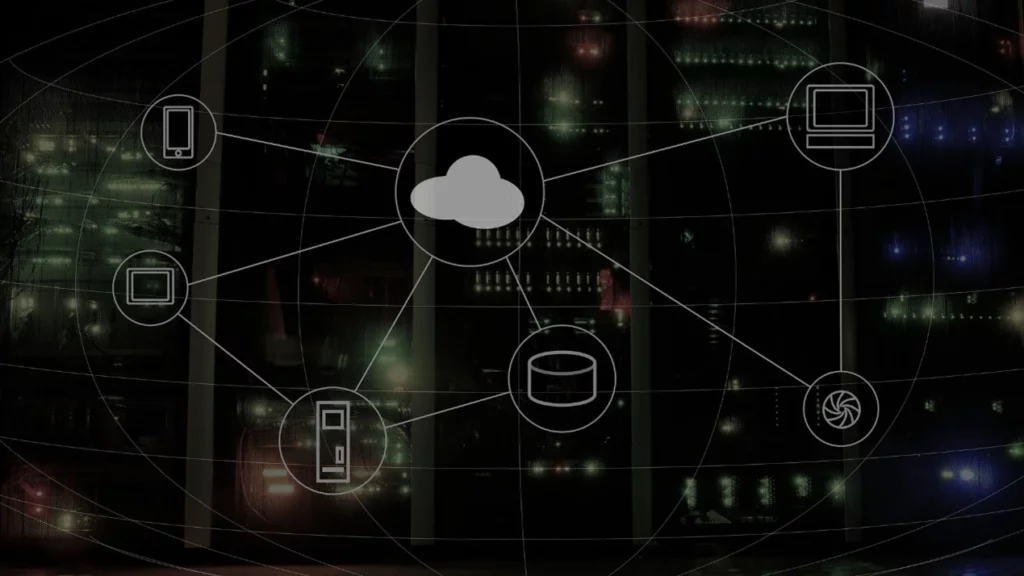Deep intelligence technology combines the power of artificial intelligence (AI) and deep learning (DL) technologies. They also process large and complex datasets as well as analyze them. In essence, deep learning relies on deep learning algorithms as well as artificial neural networks that mimic the structure and functioning of the human brain. Deep intelligence then processes huge amounts of data and then recognizes patterns. Then it works to make smart decisions that affect different processes. Deep intelligence technology is also characterized by its ability to automatically learn from data without clear programming, so it can handle complex tasks and deliver accurate results.
Data analysis using deep intelligence technology
Deep intelligence is used in data analysis to handle unstructured data. such as images or texts, for example. which can be difficult to interpret using traditional analysis methods. In addition to its high ability to learn and constantly adapt to new data inputs, its main advantages in data analysis are as follows:
· Detection of complex patterns
Deep intelligence algorithms excel at detecting complex patterns within large and diverse datasets. By leveraging deep learning techniques, organizations can identify linkages and trends in addition to hidden anomalies that may not seem obvious using traditional data analysis methods.
· Predictive Analysis
Predictive Analysis allows organizations to transform data into actionable insights by forecasting future trends and results. Deep learning models are trained for historical data. Then institutions can make accurate predictions and anticipate customer behavior. This enables companies to make proactive decisions. As well as gain a competitive advantage.
· Photo and Video Analysis
Deep intelligence technology revolutionized image and video analysis. It can automatically classify objects then detect features and recognize faces. This technology is used in various industries, including health care, manufacturing, and security.
· Natural Language Processing (NLP)
Deep intelligence technology excels in processing natural languages, enabling machines to understand and interpret human language. Organizations can perform sentiment analysis, and extract meaningful information from huge amounts of text data. then they can develop smart chatbots, or even virtual assistants who provide personalized user experiences.
Integrate deep intelligence into the development of smart applications
Deep intelligence is one of the most important technologies used by developers in smart app developments, helping to improve the performance of the app and significantly improve the user experience, one of the most important applications:
1. Smart Automation
Deep intelligence enables the development of smart applications capable of automating complex tasks and decision-making processes. From chatbots and virtual assistants to automating processes over robots. These applications can handle customer inquiries, perform data entry, and streamline repeated processes with minimal human intervention.
2. Personal user experiences using deep intelligence technology
Deep intelligence allows organizations to create personalized user experiences by understanding individual preferences and behaviors. By leveraging deep learning algorithms, smart applications can recommend customized content, products, and services to the customer, enhancing his satisfaction and engagement.
3. Internet of Things (IoT) Applications
Deep intelligence plays a vital role in the development of IoT applications. Integrating deep learning models with IoT devices allows organizations to process and analyze real-time sensing data. This enables advanced functions such as predictive maintenance, anomaly detection, and smart energy management.
4. Independent Systems
Deep intelligence technology is a key enabler of autonomous systems, including self-driving cars, drones, and robots. By combining deep learning algorithms with sensing data, systems can recognize and interpret their environment, make smart decisions, and navigate complex scenarios without human intervention.
From data analysis to smart application development, deep intelligence enables organizations to unlock the full potential of their data, drive innovation, and create smart systems that adapt and learn from their environment. As technology continues to evolve, we can say that deep intelligence has a high capacity to reshape industries and revolutionize the way we interact with data and applications.


